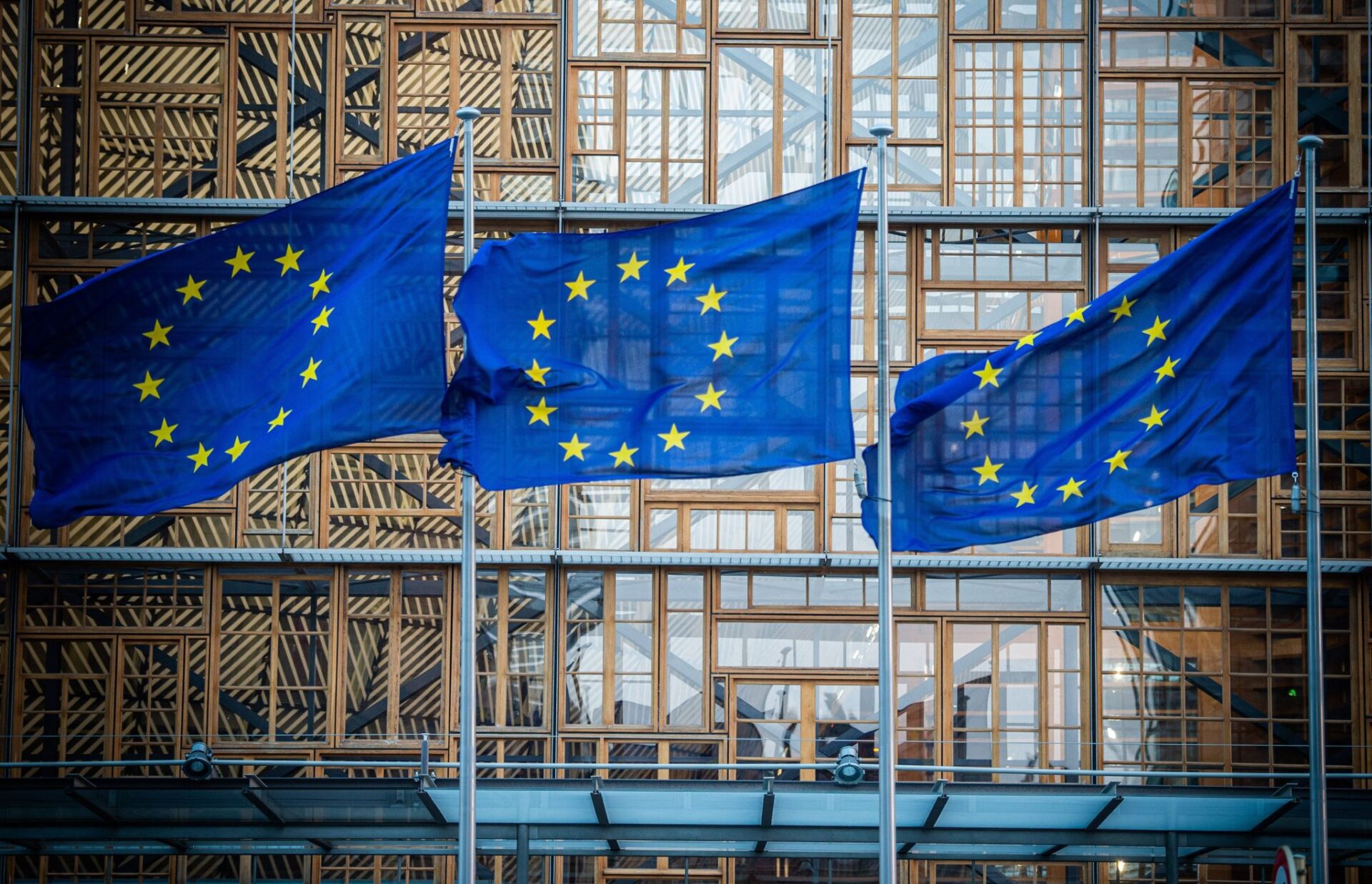 Have the article read by OpenAI (Beta). Please note that AI translations may take some time to process.
Have the article read by OpenAI (Beta). Please note that AI translations may take some time to process.Brussels (dpa) – European Union leaders on Thursday discussed potential migrant return hubs outside the bloc and other approaches as capitals take increasingly restrictive positions.
Building camps outside the EU for migrants with no right to stay in the bloc was “not trivial,” said European Commission President Ursula von der Leyen after the meeting.
Open questions remain, like how long people would stay at these hubs and what happens if someone cannot be returned to their home countries, she said.
EU countries agreed to work on returns, as currently only 20 percent of migrants ordered to leave are deported, von der Leyen said, after she announced a new EU return legislation earlier this week.
“New ways to prevent and counter irregular migration should be considered,” read a joint statement published after the Brussels gathering.
Amid a series of electoral successes for far-right parties across the EU and a changing security landscape, the controversial issue of migration has again come to the fore.
Italy’s far-right government announced this week that the first migrants rescued at sea were brought to new controversial asylum centres in Albania to be processed outside the bloc.
Arriving at the gathering, German Chancellor Olaf Scholz expressed scepticism about the efficiency of possible new reception centres.
“It’s clear that concepts that represent very few small drops when you look at the figures, are not really the solution for a country as large as Germany,” Scholz said. “We had over 300,000 people who came to Germany irregularly last year,” Scholz said, adding that centres that could house 1,000 or 2,000 people at a time would not help much.
Poland’s recent plans to temporarily suspend the right to asylum at its borders with Russia and Belarus were met with understanding. Warsaw accuses Moscow and Minsk of pushing migrants to the Polish border, which is also an EU external border, in order to destabilize the bloc and undermine security.
Finland, which borders Russia to the east over a distance of around 1,340 kilometres, closed their shared border last year over accusations that Moscow was deliberately bringing undocumented asylum seekers to the crossings.
EU leaders expressed their solidarity with members impacted by political instrumentalisation of migrants. “Exceptional situations require appropriate measures,” read the joint EU declaration, before stressing that all steps taken have to be in line with EU and international law.
EU countries agreed earlier this year to a major reform aimed at tightening the bloc’s migration and asylum laws that had been years in the making, but implementing the new legislation might take years with some calling for the process to be sped up.
Ukraine and Middle East also discussed
Next to migration, long-term support for warn-torn Ukraine and the conflict in the Middle East kept leaders at the summit busy.
Ukrainian President Volodymyr Zelensky joined EU leaders for a presentation of his vision for ending the war and a plea for further support. Russia-friendly Hungary has however been blocking more military aid.
Leaders also discussed the Middle East conflict after capitals have been struggling to agree on a response that could help stop the fighting. (October 17)
The editorial responsibility for the publication lies with dpa.
